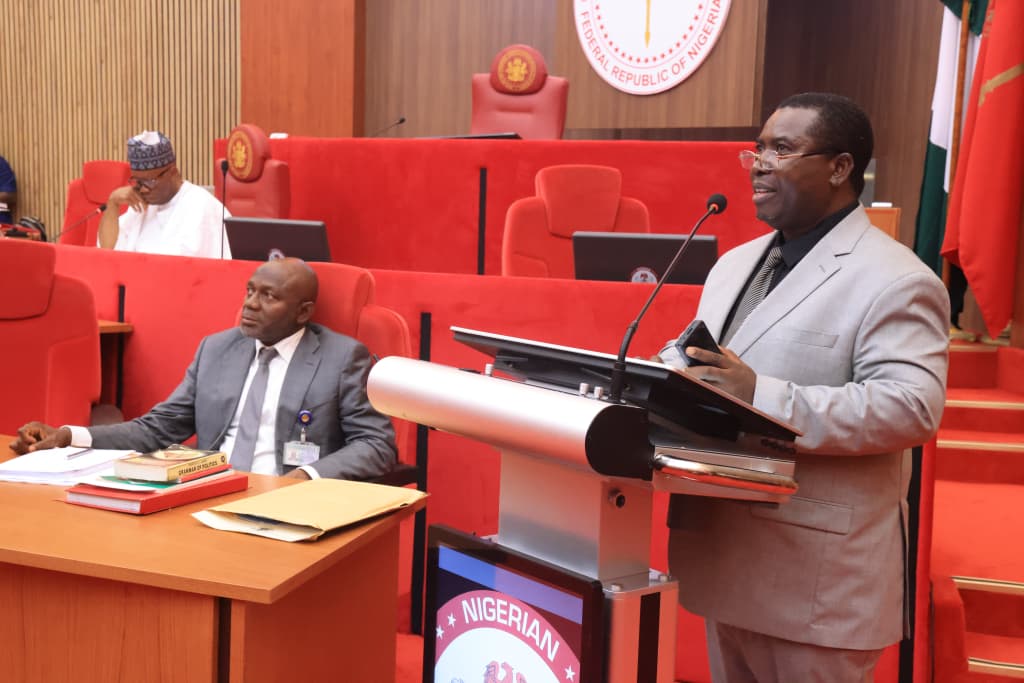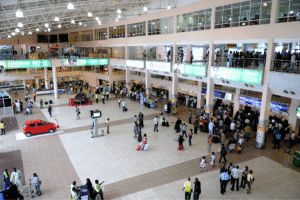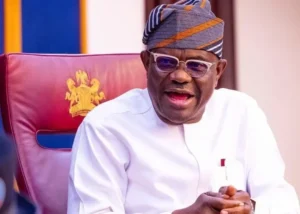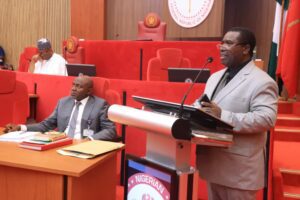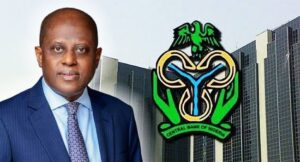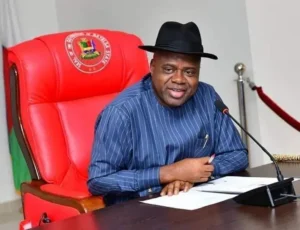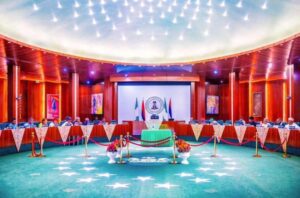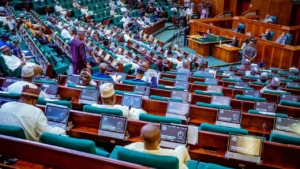The new Chairman of the Independent National Electoral Commission (INEC), Professor Joash Amupitan, has pledged to address Nigeria’s recurring election logistics problems head-on. He made this commitment during his screening by the Senate on Tuesday before his nomination was unanimously confirmed after more than three hours of questioning.
Professor Amupitan dismissed allegations linking him to President Bola Tinubu’s legal team during the 2023 presidential election tribunal. He emphasized his independence and commitment to ensuring credible, transparent, and technology-driven elections.
The law professor also fielded questions from senators on INEC’s autonomy, electoral integrity, the use of technology in result transmission, and the need to review the Electoral Act to strengthen the democratic process.
Following the screening, Senate Leader Opeyemi Bamidele moved a motion to restore all floor privileges earlier suspended, which was seconded by Minority Leader Abba Moro and approved by a voice vote. Senate President Godswill Akpabio thereafter declared: “The nomination of Joash Ojo Amupitan for appointment as INEC chairman is hereby confirmed.”
Senate Screening Highlights
Before the screening began, the Senate suspended its rules to admit Amupitan and his entourage, which included his wife, Mrs. Amupitan, their three children, the Special Adviser to the President on National Assembly Matters, Senator Basheer Lado, and the Vice Chancellor of the University of Jos, Professor Tanko Ishaya.
Akpabio, while welcoming the nominee, jokingly told him to feel free to sit or request water during the exercise, saying: “Our hospital is not ready yet,” sparking laughter among senators.
The Senate President also read security reports showing that Amupitan had been cleared by the Department of State Services and the Nigeria Police Force, confirming he had no criminal record.
During his self-introduction, Professor Amupitan expressed gratitude to President Tinubu for nominating him and acknowledged the authority of the Senate as a vital democratic institution. He attributed his success in life to God, hard work, and mentorship, noting that he was the first professor of law from Kogi State and became a Senior Advocate of Nigeria (SAN) in 2014.
He recounted his contributions to legislative reforms, including serving as a consultant to the House of Representatives, working on over 500 pieces of legislation, and participating in harmonising the 2018 Electoral Act.
Pledges Audit of INEC Logistics
Professor Amupitan identified election logistics as one of the commission’s major challenges. He said many election-day disruptions stem from dependence on unreliable third-party transporters who fail to return after delivering materials.
“We must confront these problems head-on. Some vehicles drop materials and do not return to collect results. INEC needs to take logistics more seriously, even if it means developing its own transport fleet,” he said.
He recalled how his wife, who served as a collation officer in the 2023 elections, had to move a generator from home to the collation centre due to logistical failures.
Amupitan promised to conduct a general audit of INEC’s systems, focusing on logistics and inter-agency coordination, to strengthen the institution ahead of future elections.
Clarifies Role of IReV Portal
The INEC boss referenced a Supreme Court judgment clarifying that the INEC Results Viewing Portal (IReV) is not part of the official collation system but serves as a transparency tool. He stressed the importance of public enlightenment to manage expectations about technology in elections.
Amupitan also called for the establishment of an Electoral Offences Commission to investigate and prosecute electoral offenders, noting that INEC currently lacks such capacity.
Responding to Senate questions, Amupitan highlighted financial constraints as a major barrier to INEC’s autonomy. Although the law provides that funds should be released a year before elections, delays in disbursement often hinder effective planning.
“Autonomy is legislated but sometimes not fully exercised. We will audit the system to identify and address factors that constrain independence,” he said.
Lawmakers React
Minority Leader Abba Moro quizzed him on election integrity in Africa, while Deputy Senate President Jibrin Barau questioned how funds allocated to INEC would be judiciously utilized. Senator Orji Uzor Kalu inquired about measures to prevent late deployment of election materials and personnel.
Responding, Amupitan assured senators that he would prioritize transparency, logistics efficiency, and the timely deployment of election materials to prevent disenfranchisement.
He pledged to restore public confidence in INEC and strengthen collaboration with security agencies, the National Communications Commission (NCC), and other stakeholders to ensure credible and well-organized elections.
Stay tuned to 9am News Nigeria for more Breaking News, Business News, Sports updates And Entertainment Gists.

